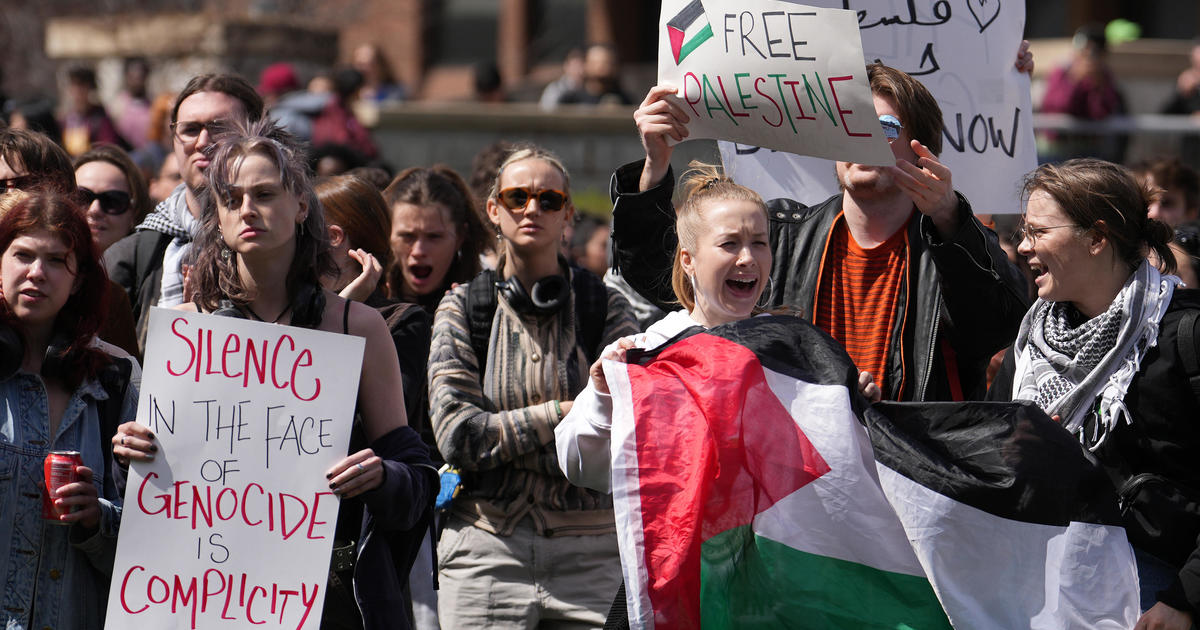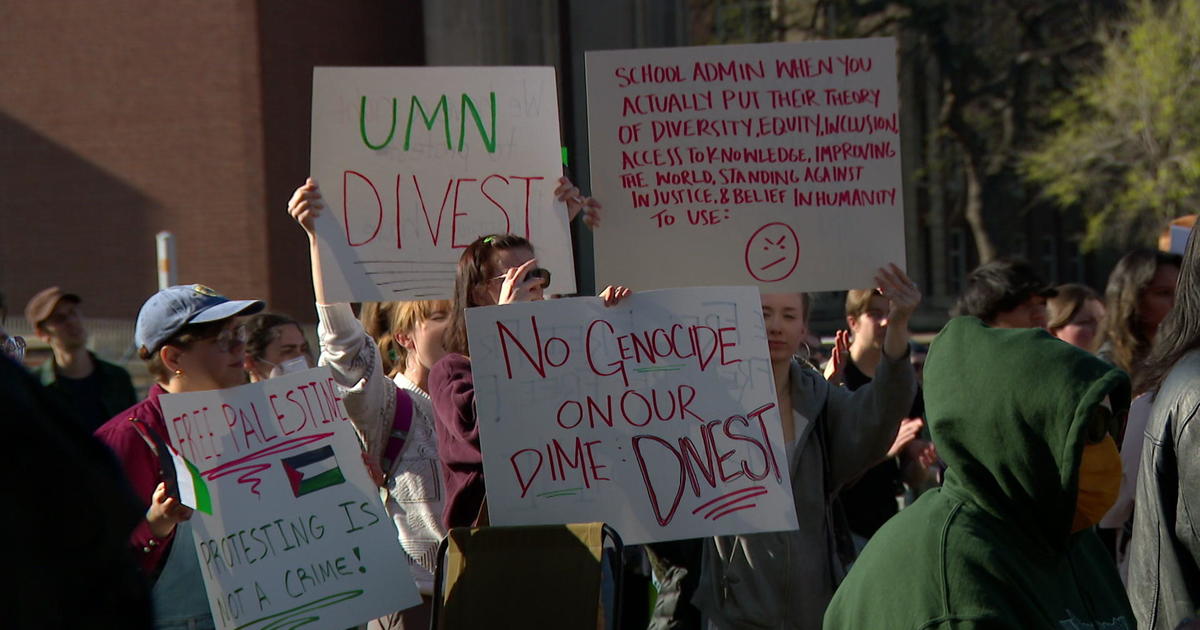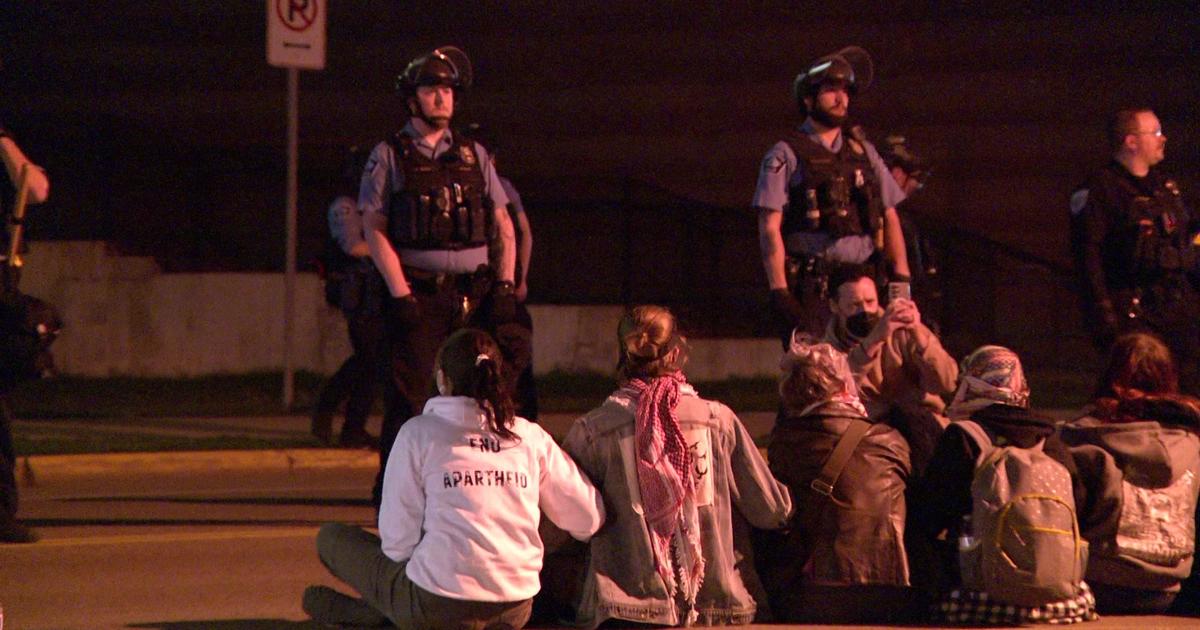University Of Minnesota Researchers Find Air Pollution Declines During Pandemic
MINNEAPOLIS (WCCO) -- University of Minnesota School of Public Health researchers have found that air pollution in the country has declined during the COVID-19 pandemic. The potential benefits, however, may not stick around as pandemic policies and restrictions are relaxed.
In the announcement of the findings Monday, the university said that researchers studied how COVID-19 pandemic safety measures -- like business closures and social distancing -- impacted the environment and changes in U.S. air pollution levels.
To determine if air quality changed due to the COVID-19 response, researchers examined pollution data for 122 counties from March 13 to April 21, 2020. They then compared that data to the same dates and locations going back to 2017.
According to the university, researchers specifically focused on measurements of fine particulate matter (PM2.4) and nitrogen dioxide (NO2), which are both known to cause multiple health issues, including cardiovascular, respiratory and neurological illness in people.
The study found that NO2 declined by 25.5% during the COVID-19 period compared to previous years.
"These declines were significant in all counties regardless of urban or rural status and whether counties closed businesses early," researchers said.
Researchers say the decline in NO2 is likely associated with reduced motor vehicle traffic from more people working from home and limited domestic travel.
The study also found that PM2.5 showed a "marginal" decline across the country during the pandemic. In counties that instituted early business closures, however, PM2.5 declined by 11.3% and in urban counties it declined by 4.7%.
Researchers speculate that PM2.5 levels didn't drop significantly because the fine particles are produced by many industries - like food and energy production -- that have continued to remain operational.
The study's lead author, Assistant Professor Jesse Berman commented on the findings.
"It has been shown that high air pollution may play a role in exacerbating respiratory diseases, including the SARS outbreak in 2002," Berman said. "But decreased air pollution and any potential benefits are likely fleeting as policies are relaxed. Another consideration is that in late-March, the EPA announced that it will temporarily stop enforcing air pollution regulations in response to the COVID-19 pandemic. Any lapse in regulatory compliance could potentially cause greater risk from air pollution to susceptible populations."
Researchers say while air pollution has temporarily improved, overall air quality "is still at risk" and air protection rules need to be enforced. They also recommend more research into the potential relationships between air pollution and COVID-19 "as some studies show associations with increased prevalence and severity of the disease."



